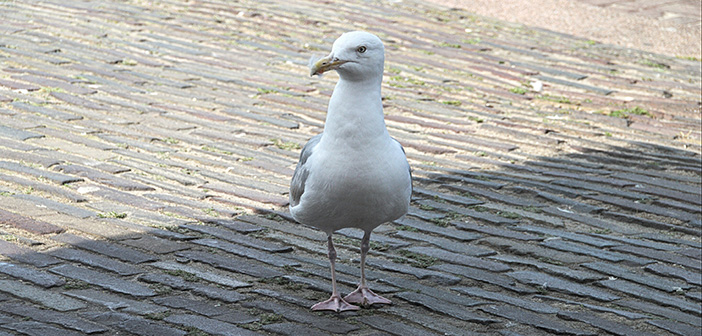The British Pest Control Association (BPCA) is urging householders and businesses to seek professional advice if birds are becoming a problem.
The Wildlife and Countryside Act 1981 states that all wild birds and their eggs are protected, but people with appropriate licences, such as BPCA members, can take steps if the birds are causing a public health and safety concern.
Dee Ward-Thompson, head of technical at BPCA, said: “We love British birds. All wild birds and their eggs are rightfully protected by law in the UK, so it is absolutely vital that householders or business owners don’t interfere with them.
“But a few bird species can cause real problems when they take roost in or around homes and businesses – and if one or two find a sheltered site with a ready food source, they can rapidly become a thriving colony.”
Ms Ward-Thompson added: “Diseases can be transmitted to people from birds and their droppings, while nesting materials can block chimneys and flues, which can lead to potential issues with carbon monoxide.
“Nests can also clog up guttering, causing damage to buildings, while bird droppings can corrode metals, stonework and brickwork.
“And where birds go, so do the parasites that live on them including mites, ticks, fleas and beetles, which can all cause secondary infestations.”
Pigeons reportedly carry around 110 pathogens and up to 49% of feral pigeons could be infected with Chlamydia psittaci, or ‘ornithosis,’ with symptoms including chills, fever, sweating, severe weakness, headache, blurred vision, pneumonia and possibly death.
Pigeon droppings, when dry, may become small airborne particles that can lead to respiratory complaints, known as bird fancier’s lung.
In the right conditions, pigeons can have up to seven broods in their breeding season (March-July) and will live for up to four years.
Ms Ward-Thompson added: “Even feral pigeons are protected by the law, so it really is important to seek professional help.
“Bird prevention, proofing and control is a highly specialised area requiring specific equipment and techniques. Pest management professionals are required to try all reasonably practicable non-lethal bird control methods before they consider lethal control.
“Always consult a professional before considering any form of bird control. You could be prosecuted if you illegally interfere with a bird, its nest or eggs without a wildlife licence.”


